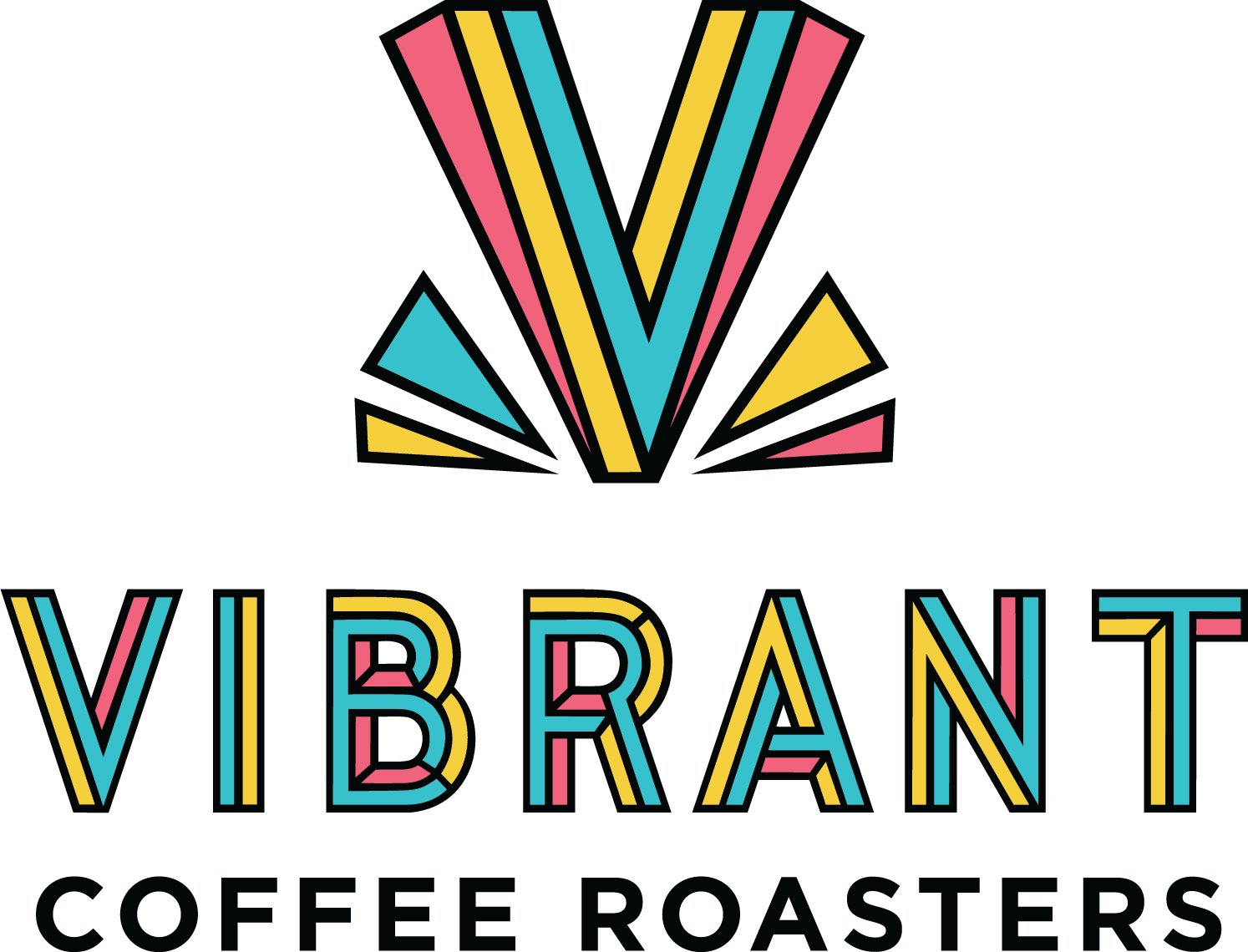Which Brewer Is Best?
When you’re into something, is there anything more fun than looking at all the gadgets you can buy for it? It seems to be an integral part of the enthusiast experience. Into bikes? These aero wheels might make you a little faster, and they look so cool… Into computers? You could probably use a RAM upgrade. Into baking? How about a mini mill to mill your own grains into flour? And on and on. Coffee is no different, of course.
So you’ve got ABC brewer. Should you buy XYZ brewer? Will it make your coffee better?
The short answer to “which brewer is best” is simply the one that you are the most comfortable with, which really boils down to the one that you’ve used the most.
There are some differences between brewers of course, but there are really only two things that matter…
1. Percolation versus Immersion
What is Percolation Brewing?
Percolation brewing is any kind of coffee brewing where water is flowing through the grounds.
Percolation brewing is any kind of coffee brewing where water is flowing through the grounds. This includes automatic drip machines, pourovers, commercial batch brews, and espresso (please note that this post does NOT apply to espresso as it is actually fundamentally different from all other brewing methods). Immersion is any kind of brewing where the brew water just sits with the grounds and does not flow through them. The two best examples of immersion are french press and cupping. Brewers like the AeroPress and Clever Dripper/Hario Switch are a hybrid as they start with an immersion phase and then finish with a percolation phase. Immersion brews tend to be more evenly extracted than percolation brews because channeling can’t really happen as there is no water flow. For more on channeling, check out our previous blog post on Grinders and Extraction. A more even extraction will be softer on the palate, with simultaneously less sourness and less bitterness or astringency.
What is Immersion Brewing?
Immersion is any kind of brewing where the brew water just sits with the grounds and does not flow through them. The two best examples of immersion are french press and cupping.
However, immersion brews also tend to be less extracted than percolation brews because the constant flow of fresh water through the grounds in percolation brewing is far more efficient at extracting soluble flavor compounds than just having the brew water sit with the grounds. Imagine you are covered in mud. If you get in a tub full of fresh water, most of the mud will come off, but you’ll still feel a little dirty if you just get out of the tub as some (a very small amount) of mud will be left on you. This is like immersion brewing (some of the soluble flavor compounds get left behind). If you get under a shower, all of the mud will come off. This is like percolation brewing (you can extract all of the available flavor compounds). Higher extractions mean you are able to taste more of the unique origin character of a coffee. However, that comes at the risk of tasting some astringency or harshness due to channeling.
With immersion brewing, it is easy to consistently get a brew that is let’s say an 8.5 out of 10. With percolation brewing, there’s more variability, but the ceiling is higher. You might brew a 7, then a 9.25, then an 8, and so on. The variability will decrease as you gain experience, as will the average brew score.
2. Filter Material & Thickness
This is really the big one. A Chemex brew tastes (and feels) drastically different than a V60 brew because the Chemex filter paper is so thick. Thicker papers, or papers with smaller pore sizes, will filter out more oils and fines than thinner papers or papers with larger pore sizes. This is really the only meaningful difference between the numerous pourover brewers you can buy.
The other obvious place this shows up is metal filtration versus paper filtration. Metal filters do not filter out oils or fines very well at all. Espresso and French Press are the two brew methods that spring to mind first when thinking about metal filtration, but you can also buy metal filters for your AeroPress and lots of the pourover brewers that are on the market too.
So, back to the original questions…
You’ve got ABC brewer. Should you buy XYZ brewer? Will it make your coffee better?
Purely from a coffee quality standpoint, no, you shouldn’t buy XYZ brewer. It won’t make your coffee better. It will make coffee that tastes a bit different from the coffee that your ABC brewer makes - how different depends on how different the filters are, and if they are immersion/percolation brewers. But better? Probably not.


